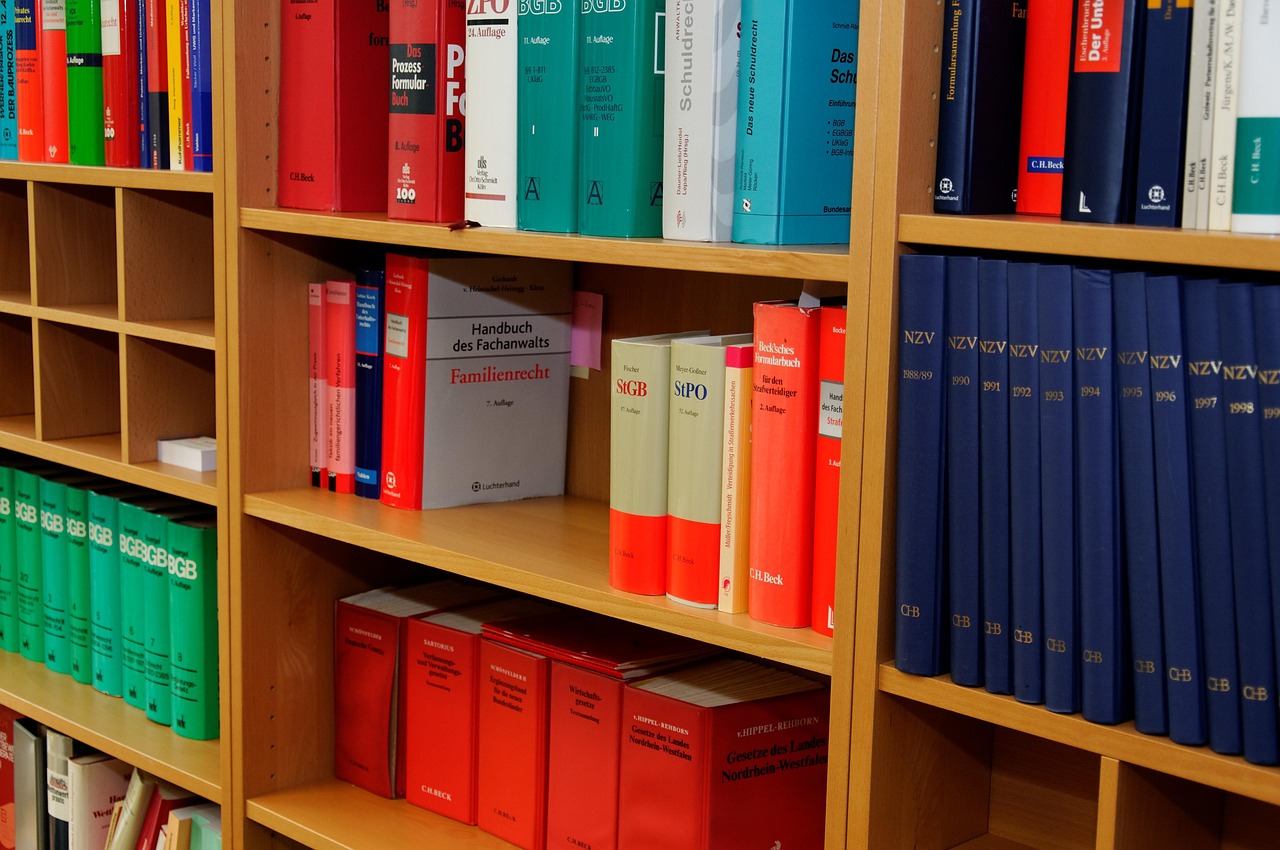Washington DC landlords are required to follow strict housing codes that protect tenants and maintain safe rental properties. From registering your rental with the city to meeting heating, safety, and deposit requirements, compliance is essential to avoid fines and tenant disputes. This guide highlights the most important rules every landlord should know.

Housing codes are not just guidelines, they are legally enforceable standards that every rental property must meet. They ensure that tenants live in safe, habitable homes and give landlords a clear framework for property upkeep.
1. Rental Property Registration
All rental properties in DC must be registered with the Department of Licensing and Consumer Protection (DLCP). This includes obtaining a Basic Business License (BBL) with the “Housing: Rental” endorsement. Operating without proper registration can result in significant fines.
2. Habitability Standards
Landlords must provide safe, livable housing that meets DC’s definition of habitability. This includes:
3. Lead Paint Compliance
If your property was built before 1978, DC law requires you to follow lead paint disclosure and remediation rules. Landlords must provide tenants with a lead disclosure form and ensure any renovations comply with lead-safe practices.
4. Smoke and Carbon Monoxide Detectors
Every rental unit must have working smoke detectors and carbon monoxide alarms. These devices should be tested regularly and replaced when necessary.
5. Heating Requirements
From October through May, DC landlords are required to provide adequate heat in all rental units. The system must maintain at least 68°F during the day and 65°F at night.
6. Security Deposits
While not a building code, security deposit rules are part of DC’s housing regulations. Landlords must hold deposits in an interest-bearing account and return them within 45 days of the lease ending, along with an itemized list of deductions if applicable.
Keeping up with DC housing codes can feel overwhelming, especially if you own multiple properties or live out of state. Noncompliance not only risks tenant complaints but can also result in costly fines. This is where professional management can make all the difference. A trusted property management company ensures your rentals meet all housing standards, handles inspections, and manages compliance paperwork. Need help navigating Washington DC housing codes and keeping your rentals compliant? Eva Realty offers property management in DC to help landlords stay on top of regulations and focus on what matters most, their investment.